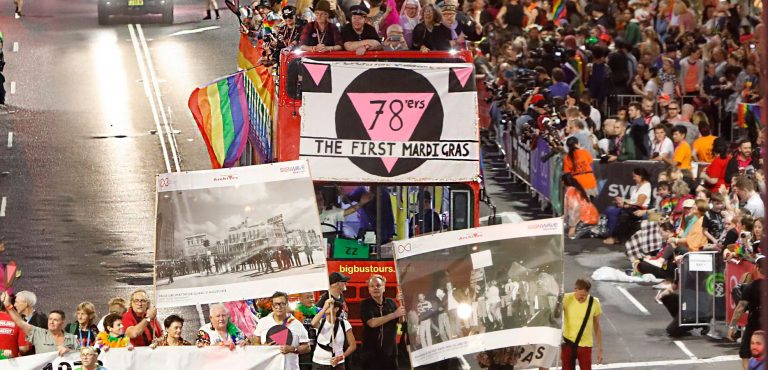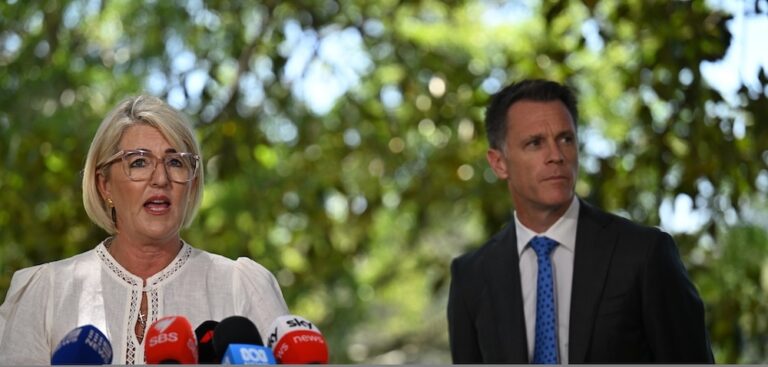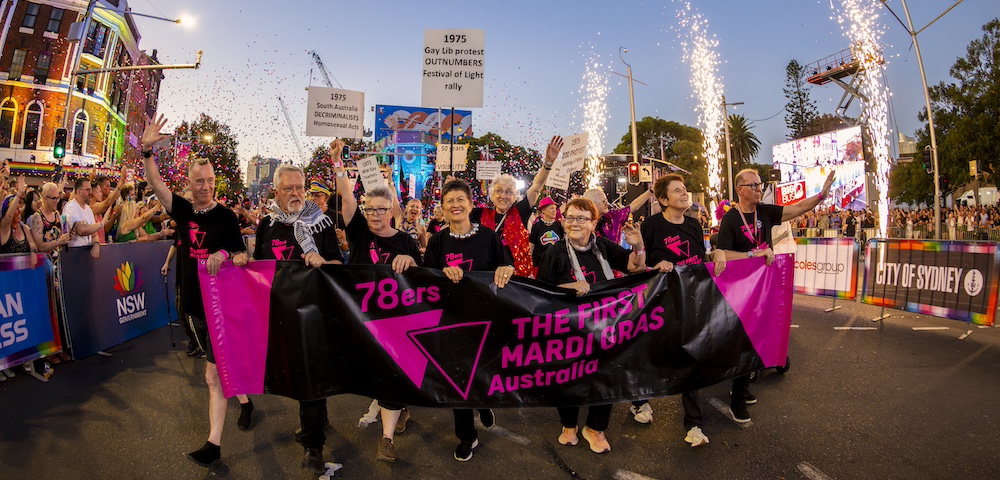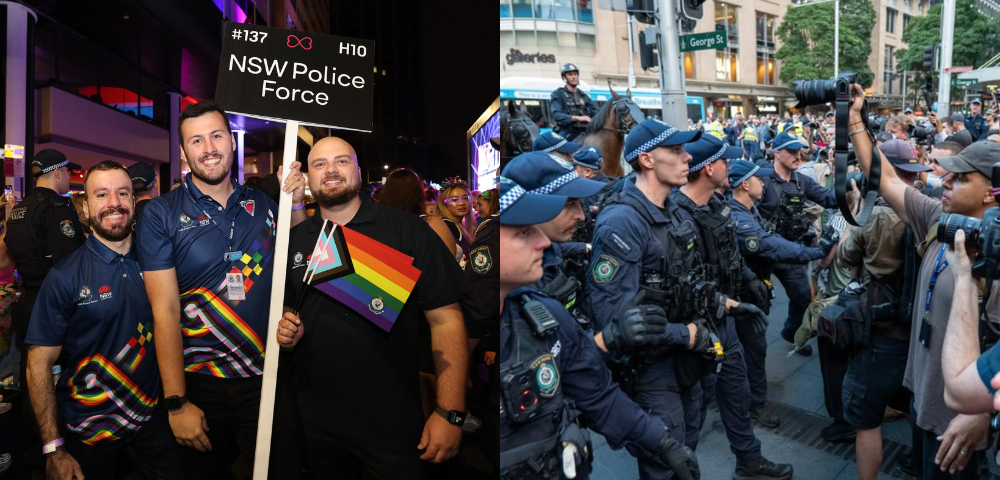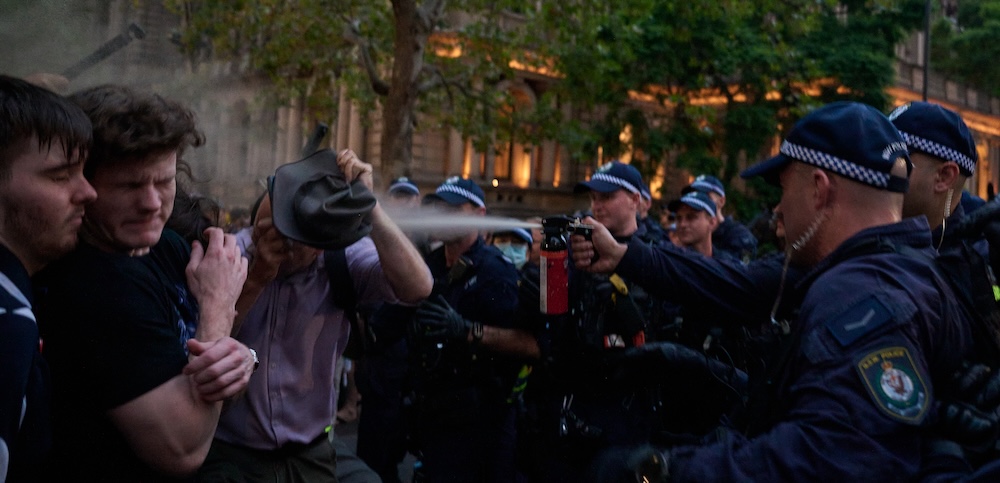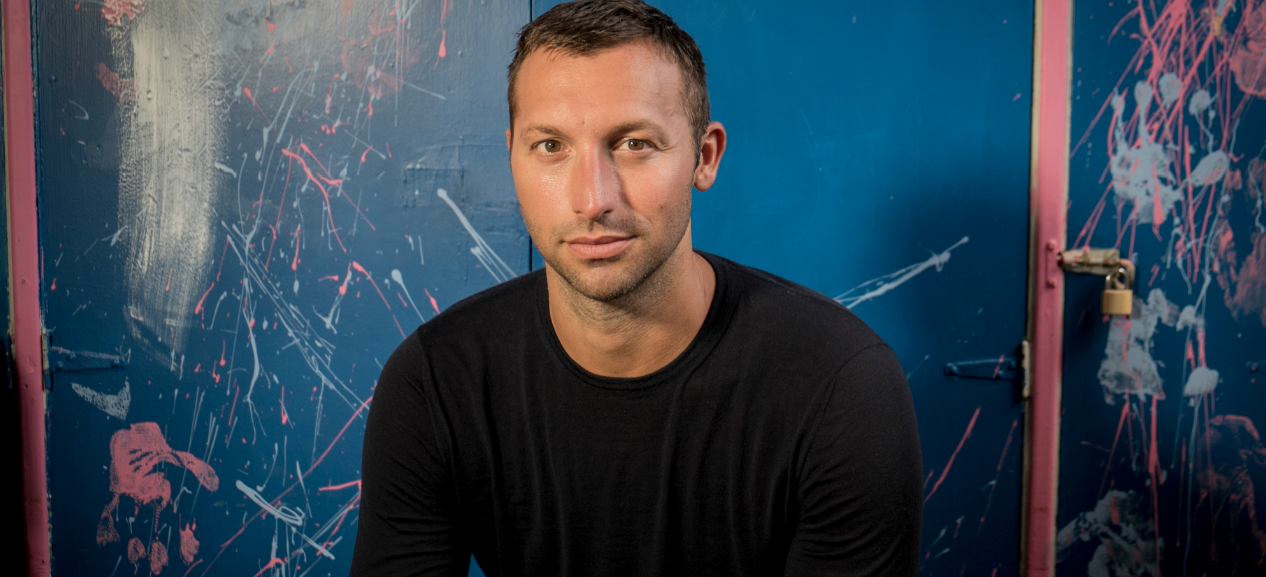
Sydney’s killer: the gay-hate epidemic that claimed 80 men


The horror they must have felt in their final moments would have been close to unimaginable, but for the dozens of men attacked and killed late at night at beachside cliff-tops and secluded parks across Sydney from the 1970s to the early 1990s, justice may be edging nearer for the loved ones they left behind as police and the local community slowly front up to the reality of an epidemic of gay-hate killings.
As NSW Police this week confirmed for the first time it was widening a review into the mysterious disappearances and deaths of a number of gay men across the state, the family of American maths genius Scott Johnson – now widely believed to have been the victim of a fatal gay-hate attack near Manly Beach in December 1988 – told the Star Observer many of the suspected crimes would have been solved if homophobic attitudes had not been so prevalent in the police force in decades past.
“It is a sad likelihood that police then knew or guessed what was going on but turned a blind eye because of their own prejudice, or because these victims had no voice,” Johnson’s sister Rebecca Johnson Arledge said. “Imagine if the victims had been almost any other group – 80 or 90 women, or children, or even blue-collar workers who were attacked and killed every few weeks. The public outcry would have been deafening; the police would not have rested.”
Last week the Sydney Morning Herald revealed that roughly 80 such deaths or disappearances from the late 1970s to the early 1990s that were originally ruled suicide or misadventure, mainly in Sydney, are now believed to have been murders. Sue Thompson, a lawyer and former state ombudsman’s investigator who joined NSW Police in January 1990 to co-ordinate its liaison with the LGBTI community, estimated 30 of those cases remain unsolved. Although some cases resulted in young men arrested and charged soon after the attacks, police officers at the time failed to link the string of assaults as a pattern of violence against gay men and men perceived to be gay.
Many of the attacks that took place at cliff-tops across Sydney’s eastern and northern suburbs, as well as several inner-city parks well-known as gay beats, are now believed to have been perpetrated by roving gangs of young men. With names both banal and brazen, groups like the Alexandra Eight, the Bondi Boys, the Tamarama Three and the Park Side Killers continue to cast a dark shadow over the city’s recent past.
“We believe that those responsible for these horrible crimes are still living free in our communities. Scott died only 25 years ago – if these were teenage gangs, the perpetrators are now in their forties,” Scott’s brother Steve Johnson told the Star Observer.
“For those who have heard about the gay bashings or witnessed them, it’s safer now to come forward. Times have changed in the police department. The police are keen to hear what you have to say.”
Johnson was only 27 and about to be awarded his PhD in mathematics from the Australian National University in Canberra when his body was found at the bottom of Blue Fish Point lookout near Manly’s North Head.
Originally ruled as suicide both by local police and the coroner, the Johnson family’s tenacious fight to get to the truth of what happened to Scott saw them turn to celebrated Newsweek journalist Daniel Glick almost a decade ago after being spurred on by the findings of NSW coroner Jacqueline Milledge in 2005 in relation to a number of similar deaths.
Glick’s early investigations revealed that Blue Fish Point lookout was a well-known gay beat while at least six men, including WIN television newsreader Ross Warren, were believed to have died in similar circumstances at gay beats near cliffs overlooking Bondi in Sydney’s east between 1987 and 1990.
In June 2012 the NSW Coroner agreed to hold a new inquest into Johnson’s death, overturning the finding of suicide and bringing an open verdict with the matter now with the NSW Police Cold Case Unit. Earlier this year, a $100,000 reward was offered for information that may help solve Johnson’s death.
Tony Crandell, who was recently installed as NSW Police force’s corporate spokesperson for LGBTI people, told the Star Observer police were determined to solve what happened to Johnson as well as several other mysterious deaths.
“The cause of Mr Johnson’s death is still not determined, but detectives are committed to thoroughly re-examining all aspects of the case, including whether Mr Johnson might have been targeted because he was gay.
“Meanwhile, a review of Strike Force Taradale – an investigation into the deaths of two gay men and the disappearance of two others in Sydney’s Eastern Suburbs from 1985 to 1990 – was commenced by the Unsolved Homicide Team last year and is ongoing,” Crandell said.
“For investigative reasons, police had previously not announced that this review was taking place, but can now confirm that review is well advanced.”
The Star Observer understands the Homicide Squad will also be considering a number of other deaths with possible links to gay hate crimes in the 1980s and 90s for possible review.
Reflecting on the likelihood that Scott was one victim of many, the Johnson family told the Star Observer it was painful to think that so many other families were left with so many unanswered questions for so long.
“Victims’ families didn’t realise it was happening, so most didn’t object or believed they were alone with no recourse. They grieved their loss, as we did, with no answers or community,” Rebecca and Steve said.
“Times have certainly changed. Communities are openly talking about this dark era.”
INFO: Anyone who can assist police can call Crime Stoppers on 1800 333 000. Gay and Lesbian Liaison Officers (GLLOs) are also located at metropolitan and regional police stations across the state and anyone can speak directly to these specially-trained officers who deal with LGBTI issues.




